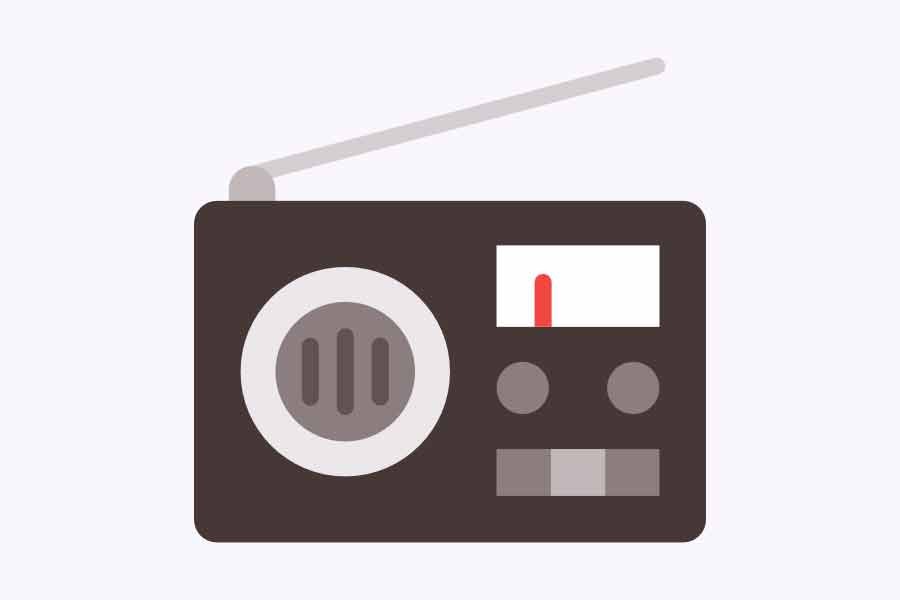Villagers in Bangladesh believe radio is meant for listening to news, and entertainment interludes --- songs in particular. The radio broadcasts comprise a 20th century feature called information. The concept has been elucidated by the media experts since the first coinage of the term around seventy years ago. These days the theme of the annual World Radio Day revolves round the message of information. The year of 2022 was no exception. The day is celebrated in Bangladesh, and elsewhere in the globe, through organisation of elaborate programmes. This year, the day fell on February 13. Officially speaking, the objective of the World Radio Day is to raise awareness of the importance of commercial radio, in use since 1900. Its portable version, the transistor radio, was invented in 1947. The transmission and reception-based radio device using electromagnetic waves facilitates access to information. In its task, it uses radio frequency. To interpret the long saga of radio broadcasting, this year's theme has been fixed as 'Radio and Trust'.
This is the slogan where a large part of the role of radio in influencing people remains latent. During the times when the television had yet to be fully functional, radio would play the role of the mouthpiece of oppressive governments. In the erstwhile Pakistan-era, the government-run radio posed as a trustworthy news outlet, especially for the Bengalee dominant East Pakistan. In reality, news and views broadcast by the central radio were highly doctored and biased against the Bengalee interest and aspirations. The activities of pro- autonomy and pro-independence leaders were termed anti-state. Ironically, this year's theme of 'Radio and Trust' proved itself purely pro-people 50 years ago, when the Bengalees in occupied Bangladesh tuned in en masse to Swadhin Bangla Betar Kendra to know about the real progress of the 1971 Liberation War.
Like the episode of the 24-year Pakistani neo-colonial period, exploitative regimes everywhere continue to suppress and misinform people through their mouthpieces in the name of radio broadcast. According to media experts, apart from the state-run radio, those run under the private sector can make a big difference. Bangladesh audiences at the moment enjoy the programmes broadcast by over a dozen private sector FM radios. This could be termed a great development. Besides, small-radius community radios in the rural areas were once an anathema. These radios keep people informed about the latest development imperatives in the socio-economic sector. Entertainment and life-focused programmes also find broad spaces in the community radios. The coastal area radios lay emphasis on weather bulletins during seasons of cyclones. These are no mean achievements.
The middle-class status symbols in Bangladesh have continued to change from the 1950s onwards. Radio and the transistor radio dominated the times from the 50s to the early 1960s, with the average urban residences' 'drawing rooms' having a large fixed radio and gramophone at a visible corner. By the late-1970s, the radios were replaced by black-and-white TVs, deck-sets, and, later, colour TVs with audio-visual cassette players on the tier just below. Those days also disappeared soon to herald light to lighter TV sets. In the early part of this century, the TVs with remote control system became the norm. To the relatively affluent classes, the TV coverage of the whole world became a matter of pressing the buttons on 'remote'.
Compared to the fast changes in the news or entertainment styles on TV, the radio remains almost unchanged. Its functions are still focused on disseminating information, with the interspersion of entertainment between the news and other serious programmes. Apparently, radio listening is considered an old people's hobby in developing countries. This is a distortion of truth. Many serious people tune in to their radios daily on time.


